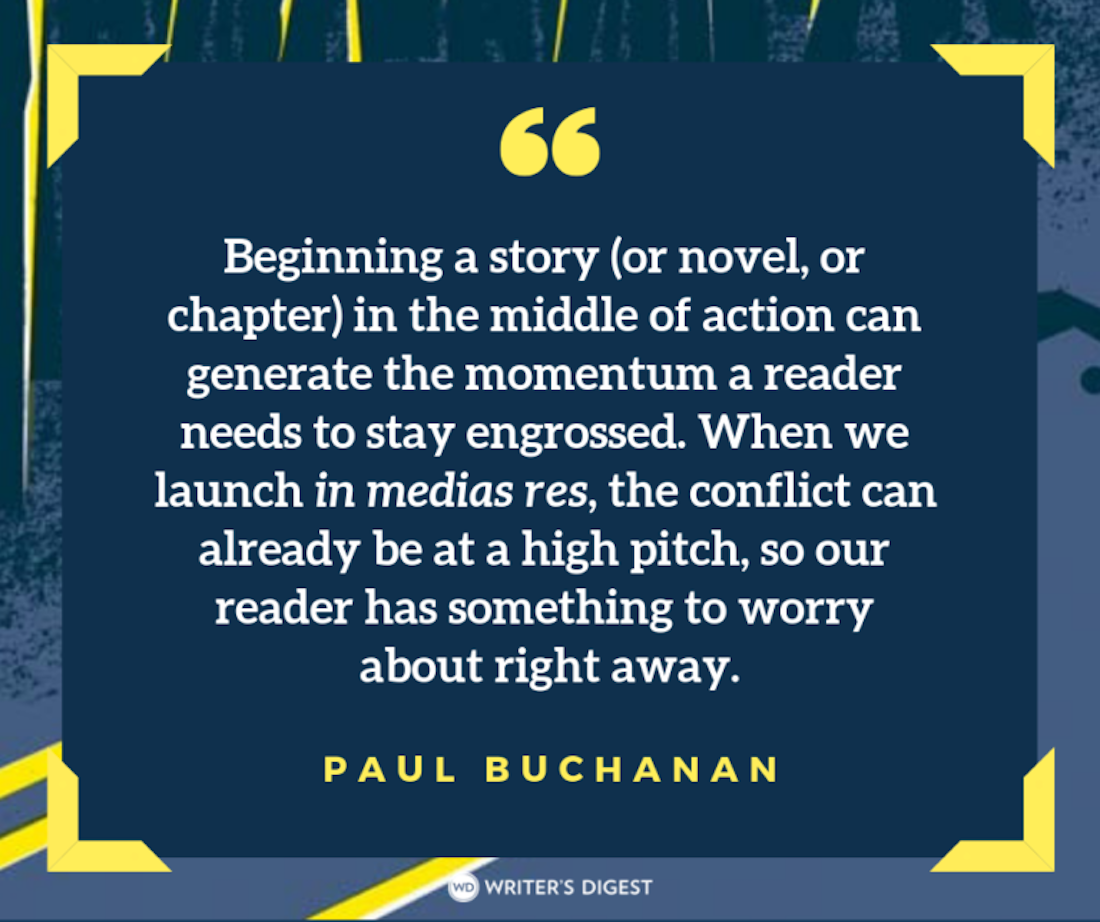Self-Expression: Protect Your Words From Your Censor
Honor yourself by exercising honesty and courage in every journal entry.
Writing freely and honoring your self-expression without reservation is nothing less than revolutionary.
For centuries, advocates have fought in the courts and the streets for the right of free expression. The bylaws of a free democracy demand an uncensored press—an honest, factual account of what happened and not an official, propagandist twist on history, spun to highlight or distort intentions, events and outcomes.
Yet, when we write in our own journals to xpress our feelings and recollections, so many of us censor and inhibit our true thoughts from emerging on paper. The entries we write are recordings of our own reported history. So why don't we believe that telling the truth to ourselves in our journals is as critical as a free press is to a democracy?
Perhaps it is because telling it like it is—not how we wish it is—is not so easy. Editing our words to be more palatable is a much easier route. If the raw truth of what we write about is less than ideal, we may not want to write it down out of shame or fear because we would rather deny the specifics than confront them head-on.
If the truth is better than we expected and something worth celebrating, we may not want to seem braggadocious or haughty—even if it is in the pages of a private journal. We resist complimenting ourselves for fear perhaps of sounding too full of ourselves or anxiety that the blessings will disappear just by acknowledging them.
Resist Revision
So how do we avoid the tendency to rewrite our history in a less than completely true light? The first step is to believe that what you know to be true is worth salvaging. You honor yourself by placing your truth on paper. We need to believe it is better to recapture honestly without revision the events that have shaped us. You deserve your truth to be reported.
A woman attending one of the Writing To Save Your Life Workshops I offer nationally told me she painstakingly wrote down her story of a complicated childhood in a journal, then was afraid of how it sounded—even if only to herself or those she allowed to read it. So she destroyed the journal and started over to make it sound better.
I understand what she did, but I want to urge you not to do the same. Your life is not a sitcom script that needs to fit the laugh tracks or have a certain pacing to fit between the commercials. Your life is what it is; your feelings need to be validated for you in the pages of a journal that is kept private. You own your history. Do not assassinate your honesty.
Write Without Fear
The next step to banishing self-censorship is to simply steel yourself to put your story on paper without fear of how it is written, how it will be received or who it will affect. You need to get it out, whether it is quickly in marathon journaling sessions or slowly one entry at a time.
Either way, getting your story out of your body and onto the paper will begin the discovery and healing process. I know firsthand about the healing properties of writing. I wrote about my own life in my first book, a creative nonfiction memoir, I Closed My Eyes (Hazelden). As I wrote about my abusive marriage, so many parts were excruciatingly difficult to examine. I could have manipulated the memoir to make myself look better or to make it less painful to ponder. But I chose not to betray my own life by revisiting it in a way that was what I believed to be dishonest.
Even though I wrote expressly for publication and was paid for it, I was primarily motivated to write to understand why I made the choices I did. And it was not easy. None of us wants to relive a confusing past, but instead would prefer to believe that if we rewrite it and mutate the facts and impressions, somehow it will all be better. Just as in the movie Wag the Dog, when the political spinmeisters manufacture current events to fit a campaign goal, we can choose to air-brush the past and record it in a way that is more acceptable and better suits our goal to make ourselves over into an ideal.
But what we are doing is cheating. It cheats us as writers not to write the truth. It cheats us as individuals not to validate our lives as they really are. If you cannot face immediately what you know you need to write about, then perhaps you can approach it slowly, tackling one entry at a time, considering one piece of the puzzle at a time. Perhaps write about what you saw one day, what you felt the next or even what you heard the writing session after that. Take baby steps. Not every one can leap into the cold water. Some of us have to wade into the cold lake an inch at a time. But tell yourself that expressing your story without censorship is necessary and beneficial.
Your story is your fingerprint, something only you can write, with only your memories, insights, emotions and intellectual processes. If you disguise the truth, dress it up and make it seem what it is not, then you have placed gloves on your hands so you leave no fingerprints at all.
Take off your gloves. Give yourself permission to be a revolutionary. Consider the entries in your personal journal a manifesto to your own history. And write.
This article appeared in the February 2002 issue of Personal Journaling.








